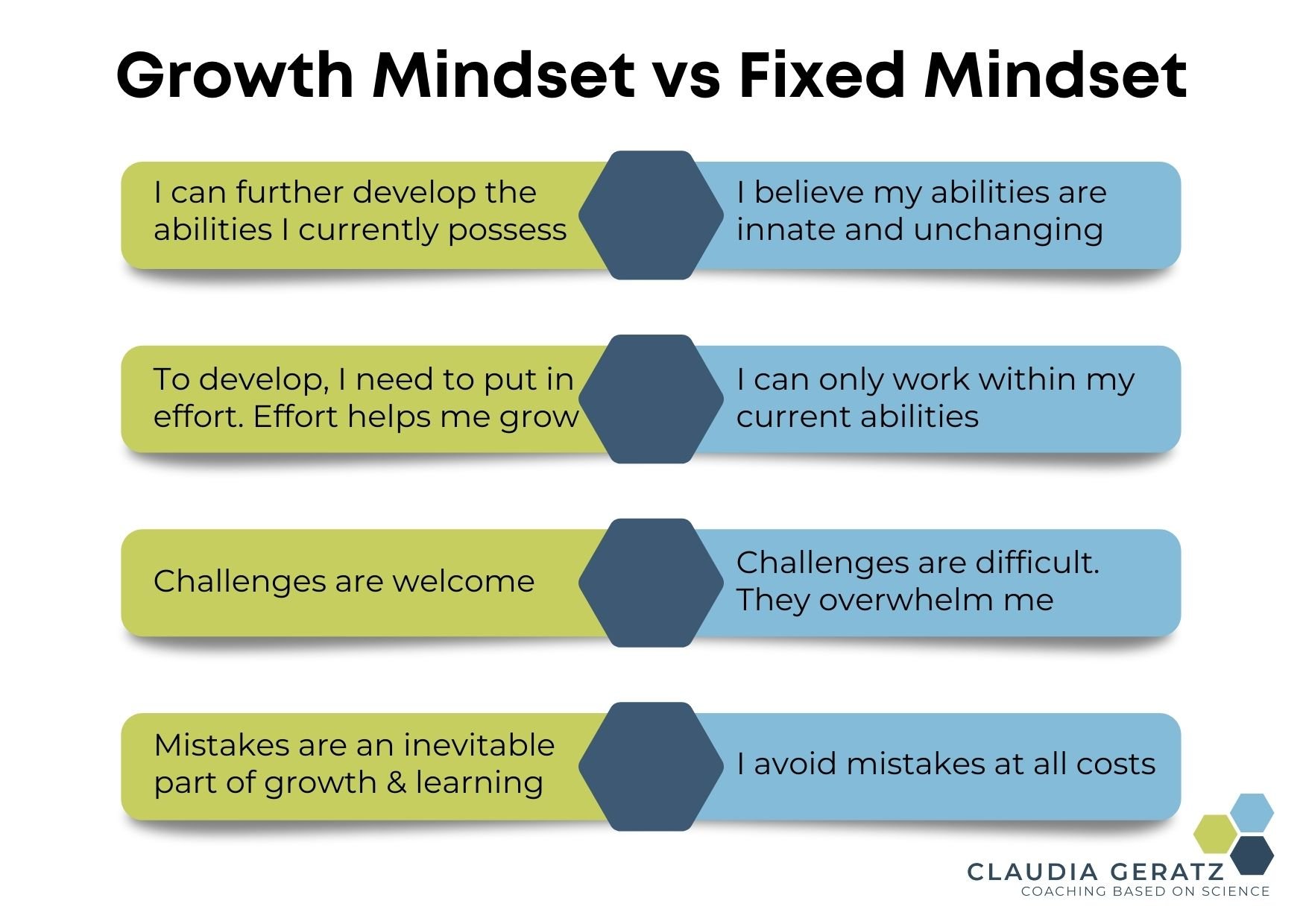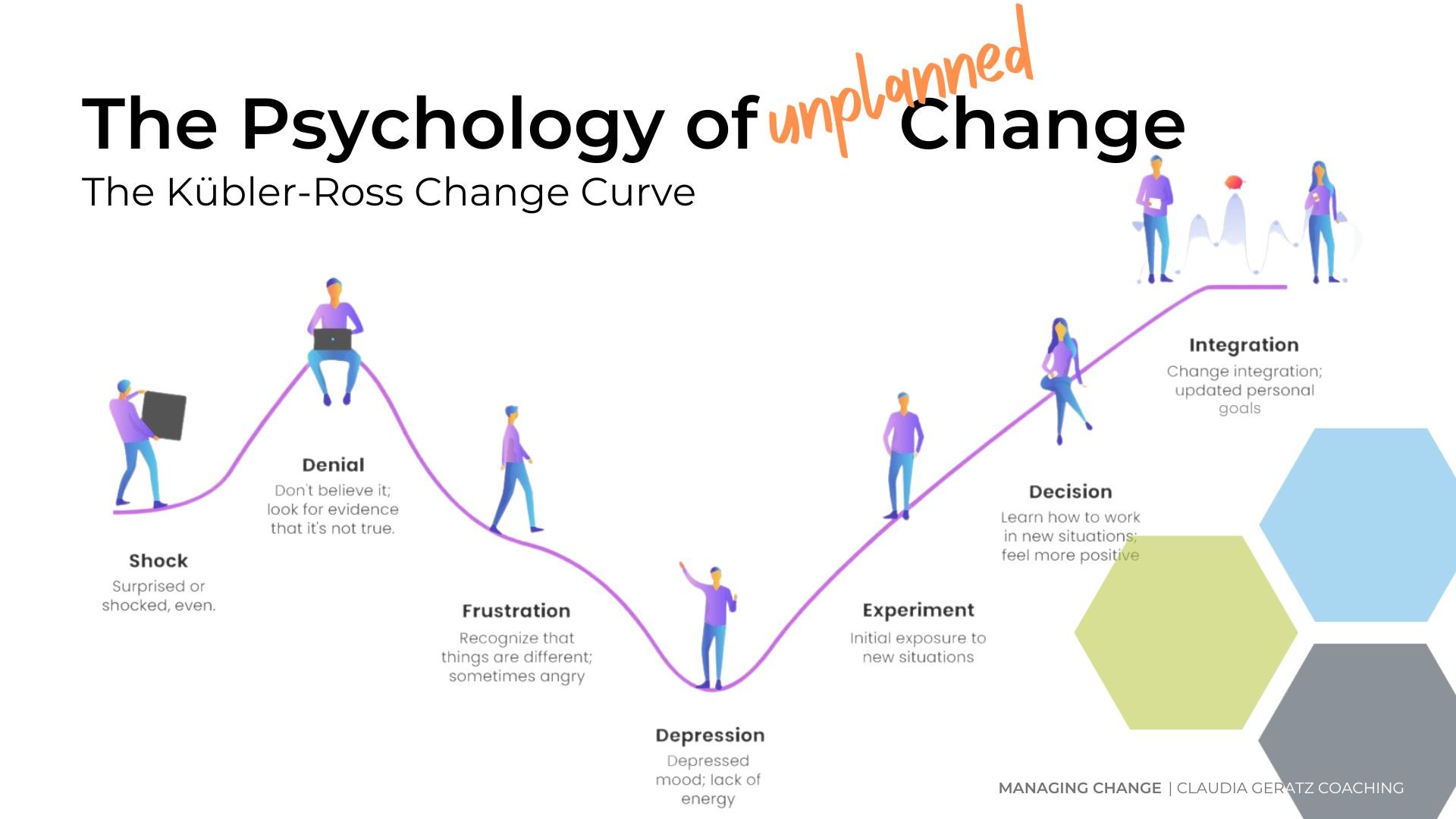Advance Your Career Growth with the Right Mindset
Growth is integral to a person’s advancement. Yearning for personal growth is a unique human characteristic. We are innately driven to learn and master ourselves and the environment we live in. And I’m not just talking ROIs, exceeding sales quotas, or promotions. I’m talking about how a person thinks. People who have a growth mindset believe that they can develop their talents through learning, practising, and hard work. It is closely connected to the belief that “I can change, I can learn, and I can grow”.
Having a growth mindset means understanding that your abilities and way of thinking can be developed. Adopting this kind of thinking helps you better adapt to situations and manage the changes and uncertainties around you. This is important for people working in industries like tech where changes occur rapidly and where uncertainty is abound in the market. Orienting your mind towards growth will help you handle challenges and take on bigger projects and roles in the future.
Are you a tech professional seeking to grow your career? Or maybe you’re part of an organisation that wants to empower its team members? Read on to learn how having a growth mindset can help you with that.
Do you have a growth mindset? Or a fixed one?
A growth mindset believes that a person can develop their own abilities to achieve success. On the other hand, a fixed mindset believes that a person can only work using their innate and unchanging abilities.
Do you have a growth mindset? Or a fixed one? You can tell by what set of beliefs you or the people you work with most identify with.
Examples of a growth mindset versus a fixed mindset
Ideally, we’d like to think that we have a growth mindset. We may see ourselves as optimistic and open-minded, but we can only really tell if our minds are growth-oriented by how we respond to challenges such as the launch of a new product or training your first team. You can also think of how you would deal with difficult situations such as the mass layoffs in tech we’ve been reading about recently. How would you deal with the uncertainty and threat of a sudden job loss? Your response would tell you if your mindset is growth-oriented or fixed.
How your mindset predicts your attitude towards change
There are two types of changes, and they’re not created equal: planned changes and unplanned changes. Examples of planned changes at work are shifts in roles and operational processes and the expansion of a list of accounts or clients. Nowadays, many organisations use change management strategies to prepare their workforce for planned changes and maximise buy-in from employees.
Types of unplanned changes at work are sudden organisational restructuring - sudden unannounced layoffs come to mind again - and major global events such as the COVID-19 pandemic, where millions of workers had to adapt their lives and shift to remote work. In that change process, many people had to deal with loneliness because of social distancing in general and from their peers in particular. Adapting to unplanned changes is more challenging and is especially disruptive for people with a fixed mindset.
But before we go there, there is one more thing we need to know. How do people typically respond to change?
People go through several stages of emotions when changes occur. This is known as the Kübler-Ross Change Curve, based on psychiatrist Elizabeth Kübler-Ross’s work on understanding the emotional process of grief. The change curve also helps us to understand what happens when people or organisations go through change. As you can see below, it is quite normal to go through a range of emotional responses when confronted with unplanned change. From an initial reaction of shock and denial to deep frustration that sometimes even may lead to depression, before we slowly start to accept the change and experiment with the new status quo. Finally, we make a conscious decision to embrace the change and integrate it fully into our personal and professional goals.
The Psychology of Unplanned Change. Or: an emotional rollercoaster
It is important to note that all of these feelings are normal, even expected when faced with uncertainty and change. Some people move through them rather quickly or skip a phase or two. But it is also normal if you find yourself staying in one of these phases for longer. There is no one way to deal with sudden changes. Speak to a trusted person, your team or your manager about how you feel. You don’t have to do this alone.
Adopting a Growth Mindset for Work
Adopting a growth mindset is possible and can massively help how you respond to challenges and adversities. With time and practice, you can train your brain to a growth mindset and manage that change with confidence. Here’s how you can start building your growth mindset:
Recognise your strengths.
The first step is to develop your self-awareness. Acknowledge your skills and talents, as well as your strengths. Also, be honest with yourself about your beliefs about your abilities. Do you believe you can learn and grow every day? Do you think you can further hone your skills? Or does your mind tell you that you are who you are, some things are out of your reach and you just accept that?
Ask questions. A lot. Learn from difficult situations.
When you’re faced with a difficult situation, you can either freeze and quit, or learn from them. Ask yourself questions that will help you respond better in the future, such as “how can I do better next time something like this happens?” By asking, you will be able to cultivate an open mind, which will then lead to having a stronger mind.
Look at challenges and failure from a different perspective.
Challenges are inevitable, especially when you’re working in a fast-paced environment, or when the industry you work in is in a very volatile situation, just like the tech industry right now. Be prepared to face them. You may also encounter failures. The best way to look at them is as opportunities to learn. Failures are often the greatest source of learning. They are an essential part of personal and professional growth.
Be willing to listen.
If you’re the type to ignore others’ feedback or advice, then this may be a challenge for you. But transitioning from a fixed to growth mindset involves replacing long-held beliefs about yourself. Hence you need to be willing to listen to others’ questions and advice that will help you. That means being open to reading articles such as this, getting a career coach, and using new strategies that will help you develop a growth mindset and flourish.
Be realistic about your timeframe.
Changes that are external and unplanned can happen overnight but changes to your mindset may take some time. It’s better to focus on the processes, lessons, and strategies that will help you adopt a growth mindset. Be patient with yourself. Remember: Rome wasn’t build in a day.
Enjoy the journey.
The process of adopting a growth mindset will involve more people, more insights, and more lessons. Enjoy these and you’ll savour the end results more.
Why People Working in Tech Need to Adopt a Growth Mindset
The tech industry has always been at the forefront of innovation and rapid change. The industry hugely benefited from the large-scale changes in people’s routines through the pandemic. Now the industry is changing again, with organisations retaining fewer people that will help them achieve their realistic, more targeted goals and VCs launching funding to help people laid off put up their own startups. With all these changes, people working in tech need to focus on growing their strengths more than ever.
Are you (or your organisation) ready to flourish with a growth mindset? Let’s talk!
Want to learn more about your mind? Sign up for my newsletter and get a monthly blog digest.











